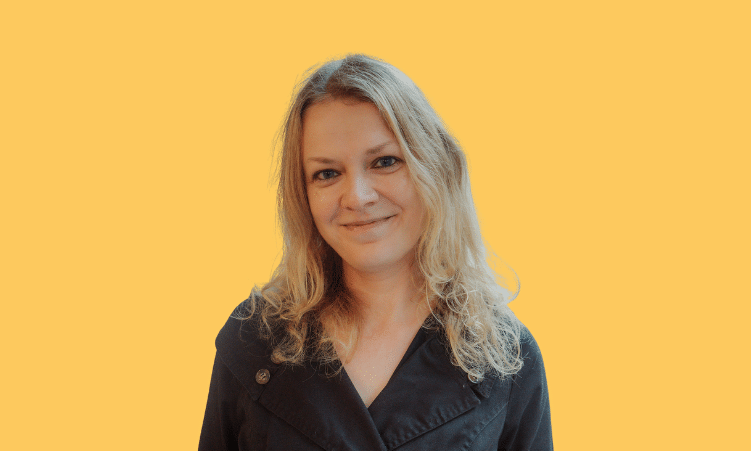Lāsma Nikolaisone
Home >
Who am I
I’m an early-onset rectal cancer patient. I was diagnosed with stage III rectal cancer in 2019 at the age of 33. I am a cancer survivor who has experienced what it means to be a young cancer patient diagnosed with what is often considered a senior disease, despite the increasing incidence of early-onset colorectal cancer. I'm also a young adult cancer survivor who faces daily challenges after rectal cancer treatment that seriously affect the quality of life at an age when remaining economically and socially active is not a desire but a necessity.
My educational background and professional interests are related to a variety of fields. I have a master's degree in Baltic philology and environmental science and a tertiary education in nursing. Since the beginning of my professional life, I've been working as a translator, combining it with other jobs and volunteer work in various sectors (education, environment, language preservation, culture, museum work).
As a patient advocate, I am an individual member and a representative of digestive cancer patients in the association of Latvian cancer patient organisations "OnkoAlliance". I am a candidate for the board of organisation "EuropaColon Latvia". As a patient advocate, I work in close collaboration with the organisation Digestive Cancers Europe.
Why
During and after cancer treatment, I've realised how much can be done to improve the daily lives of cancer patients and how important it is to raise awareness in society and among professionals about aspects specific to young cancer patients and survivors (e.g., liaison and fertility, social support when the pre-cancer length of service is short or insignificant and health insurance is inadequate, returning to full-time work after cancer, etc.).
By combining language skills, medical knowledge, and personal experience, I would like to help educate people and improve the health literacy of society to facilitate the early detection of cancer and a better quality of life afterwards. I believe that knowledge is power and that awareness can help improve the uptake of screening, the ability of young people who do not have access to screening to recognise and take their symptoms seriously, and the willingness and ability of doctors to assess these symptoms appropriately. Young people do get cancer too, and this should not be ignored. It's unacceptable that young adults are often diagnosed with cancer at a late stage (especially in the case of colorectal cancer) and I want to change that.
Specialties
Colorectal cancer, Advocacy for young adults with cancer, Translation, Education

No specific news & updates.
Involved projects
No specific projects
